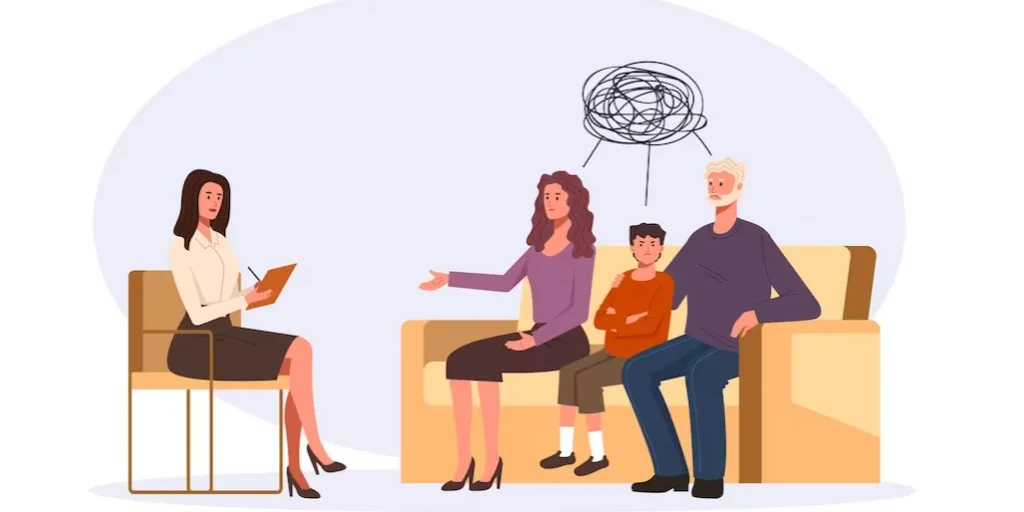24/7 Helpline:
(866) 899-111424/7 Helpline:
(866) 899-1114
Learn more about Eating Disorder Treatment centers in Askov
Eating Disorder Treatment in Other Cities

Other Insurance Options

CareFirst

Access to Recovery (ATR) Voucher

State Farm

Private insurance

Coventry Health Care

PHCS Network

Sliding scale payment assistance

Amerigroup

Premera

Humana

UnitedHealth Group

Group Health Incorporated

Excellus

Holman Group

Highmark

AllWell

Meritain

Cigna

United Health Care

Optima






Meadow Creek
Meridian Meadow Creek is a dual diagnosis drug and alcohol rehab center located in Pine City, MN. Th...

Reach Behavioral Health
Reach Behavioral Health is a public rehab located in Brook Park, Ohio. Reach Behavioral Health speci...


































































































Mille Lacs Band of Ojibwe – Aazhoomog Community Center
Mille Lacs Band Aazhoomog Clinic is a public rehab located in Sandstone, MN. Mille Lacs Band Aazhoom...

Empower Recovery Services
Empower Recovery Services is a private rehab located in Pine City, Minnesota. Empower Recovery Servi...

Options for Families and Youth
Options for Families and Youth is a private rehab located in Brook Park, Ohio. Options for Families ...

The Ed Keating Center – Jean Marie House
The Ed Keating Center is a nonprofit substance abuse organization that was founded in 1998. Jean Mar...

Mental Health and Substance Abuse Association
Mental Health and Substance Abuse Association is a private rehab located in Rock Creek, Ohio. Mental...
















































